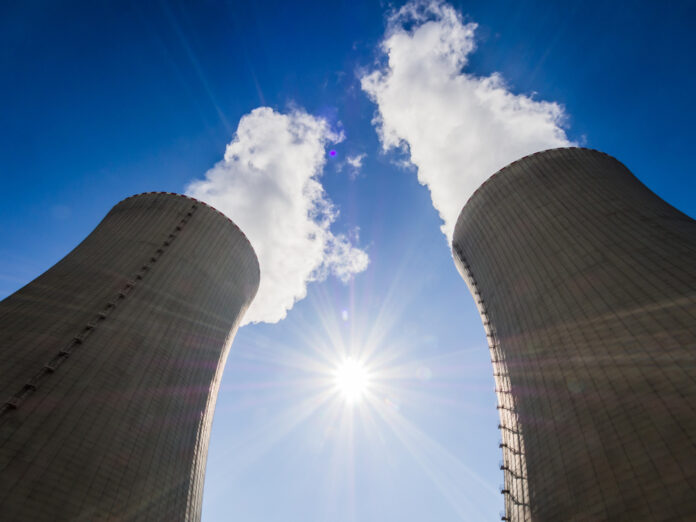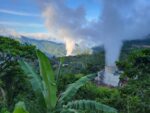The Department of Energy (DOE) expressed optimism on Wednesday of commercially operating nuclear power plants by 2032, initially generating at least 1,200 megawatts and gradually increasing to 4,800 MW by 2050.
The DOE said the 2032 target forms part of the roadmap presented by the Philippines at the 68th International Atomic Energy Agency (IAEA) General Conference in Vienna, Austria from 16 to 20 September 2024.
DOE undersecretary Sharon Garin represented the Philippines at the conference and told participants the Philippines is working to establish an independent nuclear regulatory authority overseeing the safe and secure development of the country’s nuclear energy program.
Garin said the government is prioritizing the passage of legislation focused on nuclear safety and ensuring the legal and regulatory frameworks are in place to safeguard public health, environmental protection, and national security as the country harnesses nuclear power.
The DOE said the Philippines will host the International Nuclear Supply Chain Forum in Manila this November which will gather government and private sector stakeholders to explore partnership opportunities in nuclear energy.
Garin likewise reaffirmed the Philippines’ support for the peaceful use of atomic energy such as in food and agriculture, health and medicine, especially cancer care, plastics recycling, education and women empowerment.
“The beneficial uses of nuclear technology have been extensive across sectors, leading to improved quality of life. These uses span the fields of health and medical, agriculture, industrial and energy,” Garin said.
In July, the US-Philippine Agreement for Cooperation in Peaceful Use of Nuclear Energy (123 Agreements) went into force and was expected to boost cooperation on clean energy, energy security as well as strengthen bilateral diplomatic and economic relationships for the long haul.
The parties said the agreement builds on nearly 80 years of peaceful nuclear cooperation that also established a framework for continued US civil nuclear trade with the Philippines as part of broader American efforts to develop the Philippines’ civil nuclear sector.
The 123 Agreements provide a legal framework for the export of nuclear material, equipment and components including reactors and information for nuclear research and civil nuclear energy production from the US to another country.
The agreement also serves as a comprehensive framework for peaceful nuclear cooperation with the Philippines based on a mutual commitment to nuclear nonproliferation.
The agreement is important in creating a safe, secure and modern nuclear power sector that requires a skilled workforce, regulations and commercial partnerships.







